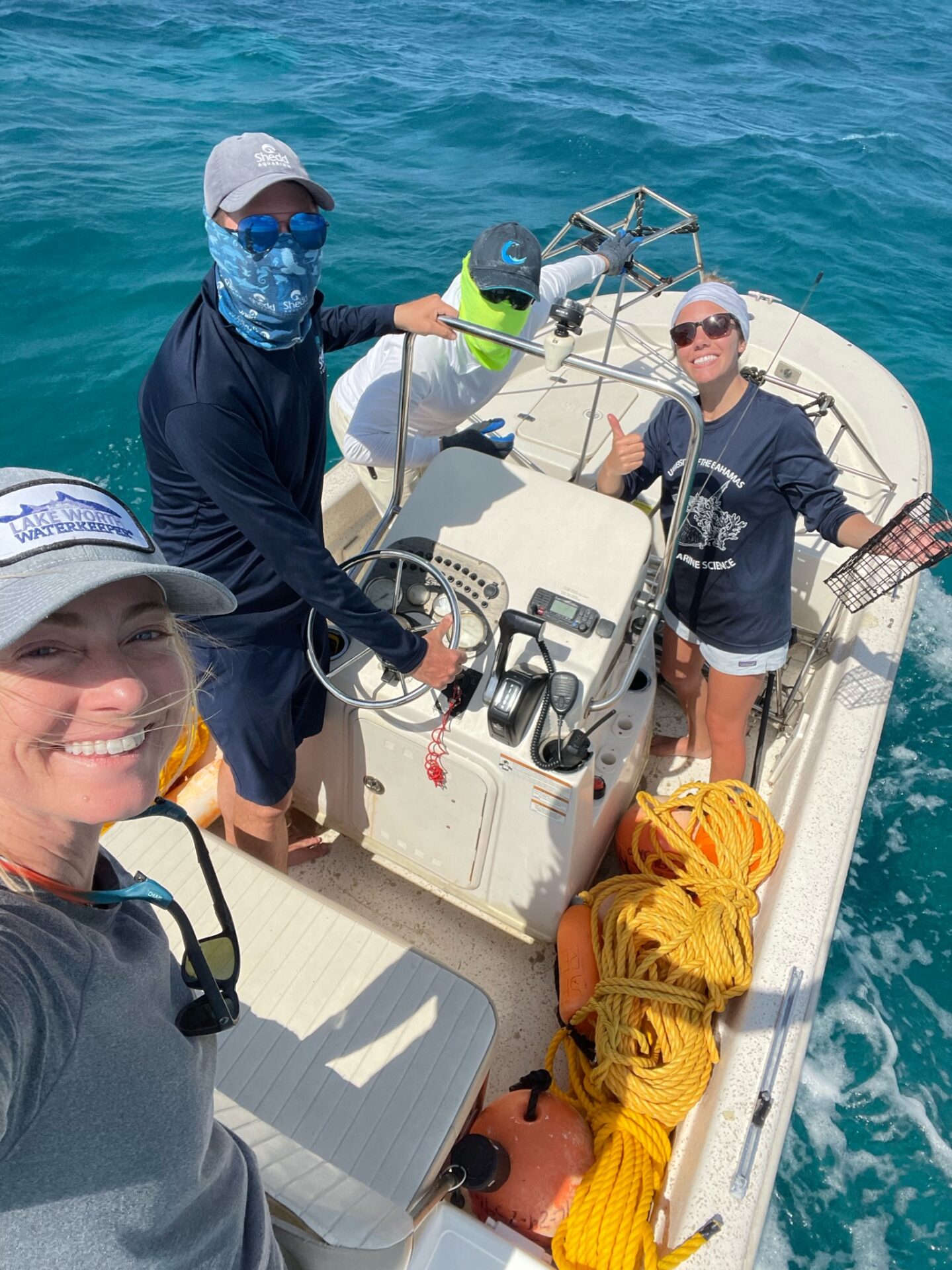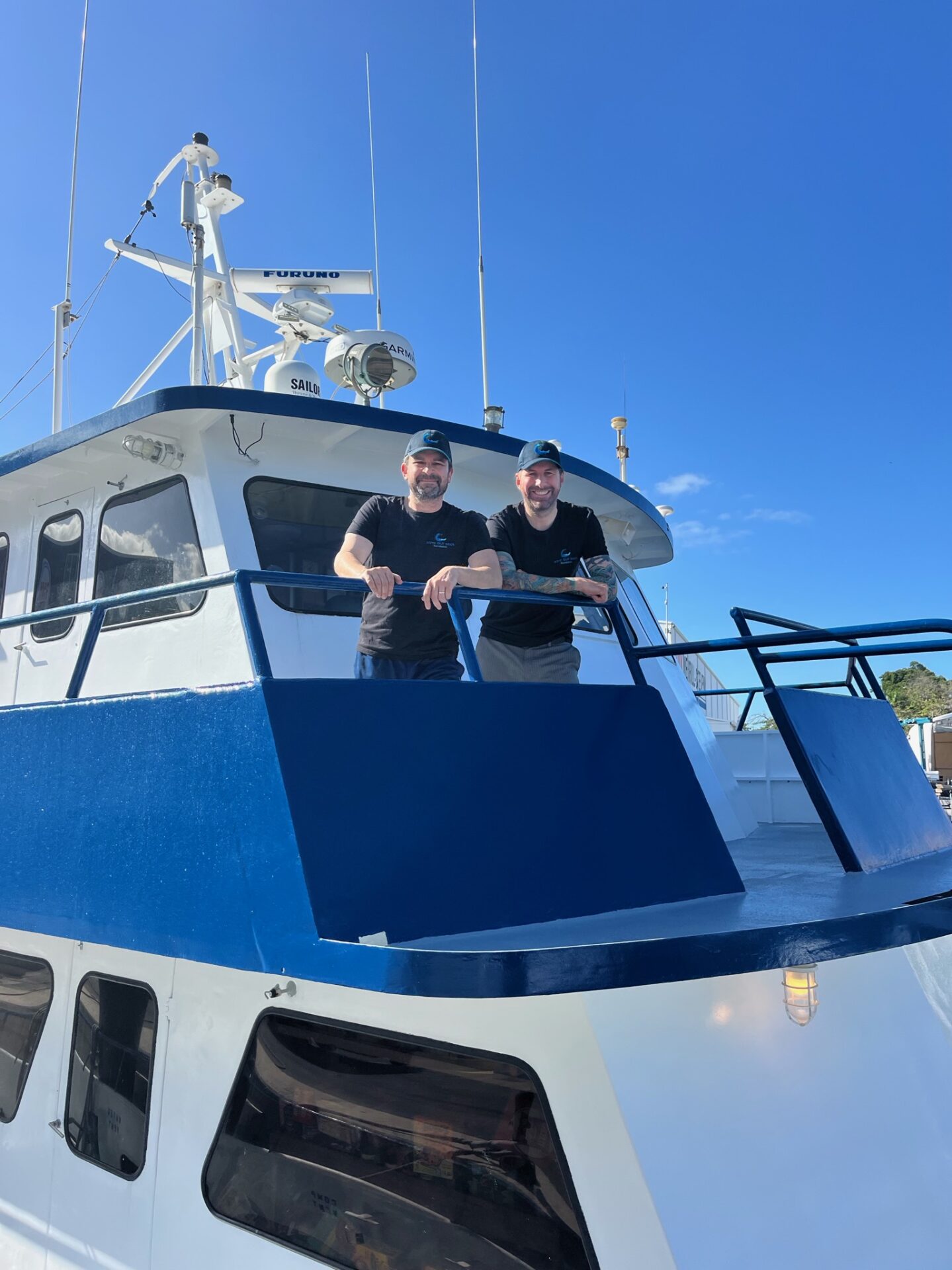The Necessity of Adaptability: A Fieldwork Story
A critical part of fieldwork is adapting to conditions well beyond your control. Our most recent shark-focused research trip to the field, which involved Shedd Aquarium, Field Museum, and American Shark Conservancy, was no exception.
Our initial plans were to set Baited Remote Underwater Videos (BRUVs) and survey longlines for Caribbean reef sharks over an eleven-day period. We planned to conduct this work in the lower Florida Keys and the Dry Tortugas National Park to contribute to a Global FinPrint survey and a population genetics study being led by Shedd Aquarium and Field Museum with support from the Save Our Seas Foundation.
Unfortunately, the weather did not cooperate with our well-laid plans. Strong winds and small watercraft advisories forced us to stay in the lower Keys and cancel the second half of the trip to the Dry Tortugas. Additionally, the areas we wanted to longline for Caribbean reef sharks in the lower Keys were too rough to safely operate, for both us and the sharks, and our only option was to longline on the leeward side, away from the reef.

Field team about to deploy Baited Remote Underwater Video Survey (BRUVS) in the Florida Keys. Photo by Cassandra Scott | American Shark Conservancy
Despite the challenging conditions, our team was able to deploy enough BRUVs for 102 hours of footage. These BRUVs surveyed over 20 km of Florida Keys reef line for sharks and rays. The footage will be analysed by volunteers at Shedd Aquarium and Field Museum to determine the abundance and biodiversity of reef-associated elasmobranchs in the region. We will also use the footage to identify which areas we are most likely to capture and sample Caribbean reef sharks in later excursions. As a result, this trip contributed to the future success of our research study, which uses fin clip samples from Caribbean reef sharks to investigate the genetic variability and population connectivity of this endangered species across its geographic range.

Project leads Dr Kevin Feldheim (left) and Dr. Steven Kessel (right) aboard the Research Vessel Coral Reef II. Photo by Toni Muzzo | Field Museum
Although our longlining efforts this trip did not yield any Caribbean reef sharks, we did sample and tag nurse sharks for a collaborator doing similar genetic work. Therefore, the trip was also a good example of why collaborations are so important. Without the efforts of several collaborators, we would not have a sufficient number of samples to make our project a success. Likewise, the nurse sharks we sampled will help our collaborator increase her sample size and geographic distribution for her project, making for a more robust and meaningful study.
In summary, fieldwork is all about adapting to the conditions and challenges you face. Despite the weather, we still managed to collect important data that will contribute to global research studies and shark conservation measures.
